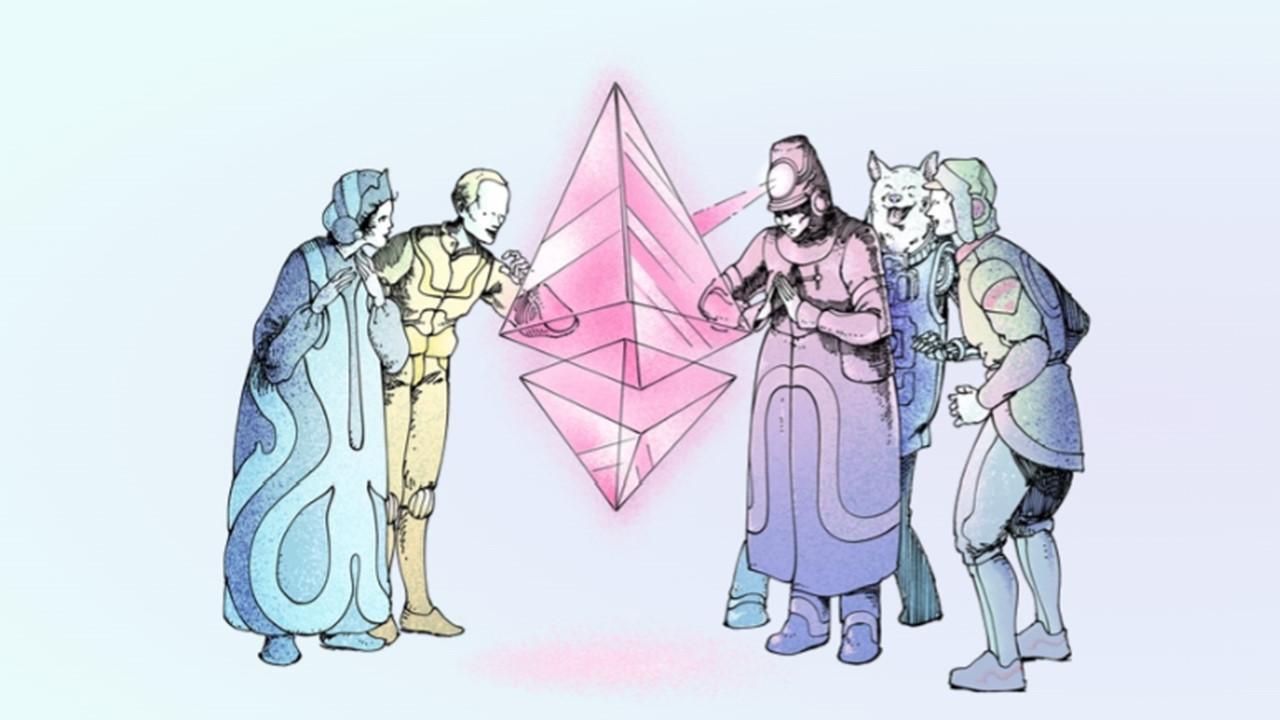Ethereum’s Vitalik Buterin Pushes Soulbound Tokens
Ethereum co-founder Vitalik Buterin is all about soulbound tokens. What are soulbound tokens? When will soulboun tokens be available?
May 26 2022, Published 12:03 p.m. ET
Ethereum co-founder Vitalik Buterin is known for his purist approach to cryptocurrency — using it to help people rather than corporate greed. That’s part of the reason why the Russian-born Canadian donated an estimated $5 million in cryptocurrency to Ukraine in April. Now, Buterin is discussing the relevance of something called soulbound tokens (or SBTs, for short).
What are soulbound tokens, and how could they become part of our lives in the future? Here’s Buterin’s take on soulbound tokens.
Vitalik Buterin published a paper about soulbound tokens.
Buterin published a lengthy, 37-page paper called Decentralized Society: Finding Web3’s Soul in May. The paper, which refers to Buterin’s idea of a decentralized society as DeSoc, mentions something called soulbound tokens.
According to Buterin, SBTs represent “the commitments, credentials, and affiliations of ‘Souls’,” and they can “encode the trust networks of the real economy to establish provenance and reputation.”
What are soulbound tokens?
SBTs are non-transferable tokens (a stricter version of NFTs) tied to Souls. In this case, a Soul is an account holder that gives out its own soulbound tokens.
SBTs can be “educational credentials, employment history, or hashes of their writings or works of art,” Buterin writes.
The paper continues, “In their simplest form, these SBTs can be [self-certified], similar to how we share information about ourselves in our CVs. But the true power of this mechanism emerges when SBTs held by one Soul can be issued — or attested — by other Souls, who are counterparties to these relationships. These counterparty Souls could be individuals, companies, or institutions.
For example, a university could be a Soul that issues an SBT to graduates to represent a blockchain-based diploma. The Ethereum Foundation could be a Soul that issues SBTs to those who attend its developer conference, Buterin says.
When will we see SBTs?
Buterins says SBTs are coming later this year and could speed up the integration between blockchain technology and traditional data systems. Already, people are toying with the notion of using blockchain ledgers to store information like birth certificates.
Buterin says SBTs are a kind of “extended resume” that sticks with a person. They act as badges, but it’s important to consider the fact that some people may not want to stamp themselves with blockchain-based achievements and identities, even if they seem positive at the time. It could be difficult to disassociate from an older version of yourself if it’s tied to the blockchain.
Buterin writes, “An ecosystem of SBTs could unlock a censorship-resistant, bottom-up alternative to top-down commercial and ‘social’ credit systems. [...] SBTs also enable communities to be convened at unique intersections of Souls.”
He also boasts the fact that SBTs could decrease fraud and scam activity in the blockchain ecosystem, including through “proof-of-personhood” SBTs that could help decentralized autonomous organizations (DAOs) “bootstrap sybil resistance.” This is a big problem that must be addressed. The first half of 2021 saw 51.1 million cryptojacking attempts, which was a 23-percent jump from the same period the year prior.


